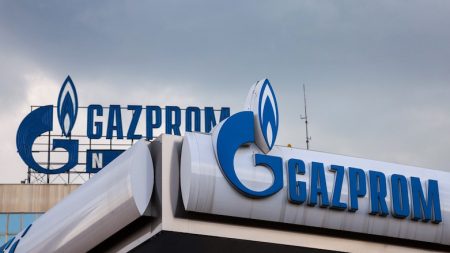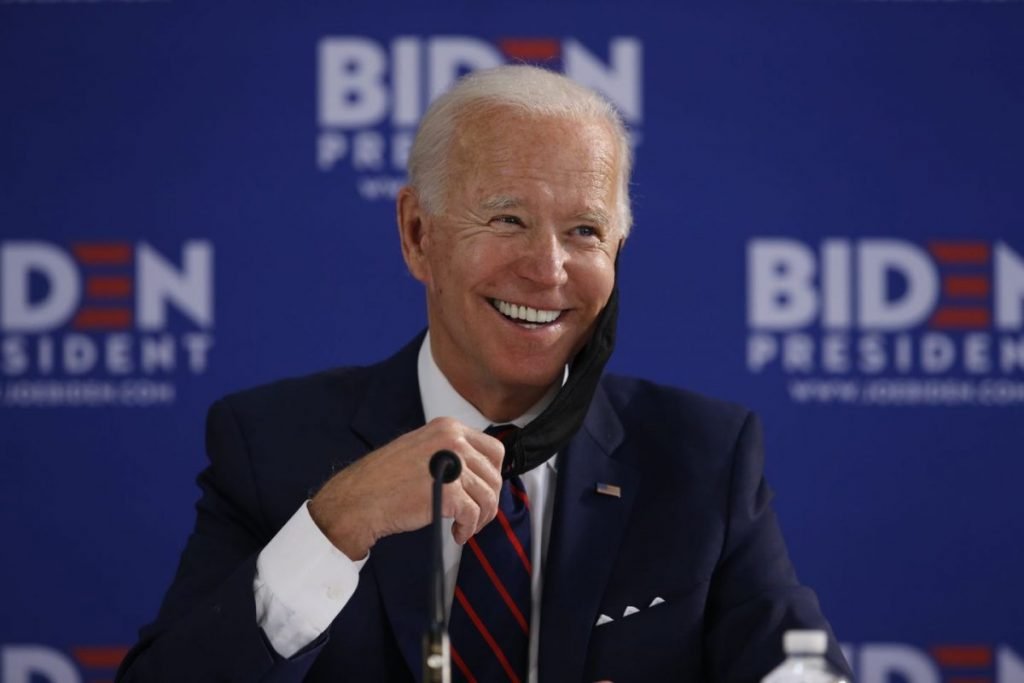 14 April 2014, News Wires – Ukraine has given pro-Russian separatists a Monday morning deadline to disarm or face a “full-scale anti-terrorist operation” by its armed forces, raising the risk of a military confrontation with Moscow, as the conflict threatens to drag Europe into a “gas war”.
14 April 2014, News Wires – Ukraine has given pro-Russian separatists a Monday morning deadline to disarm or face a “full-scale anti-terrorist operation” by its armed forces, raising the risk of a military confrontation with Moscow, as the conflict threatens to drag Europe into a “gas war”.
Angered by the death of a state security officer and the wounding of two comrades near the flashpoint eastern city of Slaviansk, acting president Oleksander Turchinov gave rebels occupying state buildings until 0600 GMT to lay down their weapons, Reuters reported.
“The National Security and Defence Council has decided to launch a full-scale anti-terrorist operation involving the armed forces of Ukraine,” Turchinov said in an address to the nation.
He blamed Russia, which annexed Ukraine’s Crimea region when Moscow-backed former president Viktor Yanukovich fled after months of pro-Western protests, for being behind the rash of rebellions across Russian-speaking towns in eastern Ukraine.
“We will not allow Russia to repeat the Crimean scenario in the eastern regions of Ukraine,” Turchinov said.
Russia’s foreign ministry called the planned military operation a “criminal order” and said the West should bring its allies in Ukraine’s government under control.
“It is now the West’s responsibility to prevent civil war in Ukraine,” the ministry said in a statement.
It said it would put an urgent discussion of the “extremely dangerous” situation in eastern Ukraine on the agenda of the United Nations Security Council.
Earlier, the American ambassador to the UN, Samantha Power, said on ABC’s “This Week” that the latest events in Ukraine bore “the telltale signs of Moscow’s involvement”.
“The president has made clear that, depending on Russian behavior, sectoral sanctions in energy, banking, mining could be on the table, and there’s a lot in between,” she added.
With East-West relations in crisis, NATO described the appearance in eastern Ukraine of men with specialised Russian weapons and identical uniforms without insignia – as previously worn by Moscow’s troops when they seized Crimea – as a “grave development”.
Ukraine has repeatedly said the rebellions are inspired and directed by the Kremlin. But action to dislodge the armed militants risks tipping the stand-off into a new, dangerous phase as Moscow has warned it will protect the region’s Russian-speakers if they come under attack.
One Ukrainian state security officer was killed and five were wounded on the government side in Sunday’s operation in Slaviansk, interior minister Arsen Avakov said. “There were dead and wounded on both sides,” he wrote on his Facebook page.
The Russian news agency RIA reported that one pro-Moscow activist was killed in Slaviansk in clashes with forces loyal to the Kiev government. “On our side, another two were injured,” RIA quoted pro-Russian militant Nikolai Solntsev as adding.
Russian TV broadcast grainy footage of what it said was the body of the militant. The images, which Reuters could not verify independently, showed a man in black clothes, slumped against the door of a car, with a pool of blood between his legs. A rifle lay next to him.
The separatists are holed up in the local headquarters of the police and of the state security service, while others have erected road blocks around Slaviansk, which lies about 150 kilometres from the Russian border.
However, details of the fighting remain sketchy. A statement from the administration of the eastern Donetsk region indicated the security officer may have been killed between Slaviansk and the nearby town of Artemivsk. It said nine were wounded.
Kiev accuses the Kremlin of trying to undermine the legitimacy of presidential elections on 25 May that aim to set Ukraine back onto a normal path after months of turmoil.
However, Russian Foreign Minister Sergei Lavrov said Kiev was “demonstrating its inability to take responsibility for the fate of the country” and warned that any use of force against Russian speakers “would undermine the potential for cooperation”, including talks due to be held on Thursday between Russia, Ukraine, the United States and the European Union.
The crisis over Ukraine could trigger a “gas war”, disrupting supplies of Russian natural gas to customers across Europe. Moscow has said it may be forced to sever deliveries to Ukraine – the transit route for much of Europe’s gas – unless Kiev settles its debts.
With the crisis in Ukraine still unresolved, the gas dispute threatens to affect millions of people across Europe, according to Reuters.
A large proportion of the natural gas that EU states buy from Russia is pumped via Ukrainian territory, so if Russia makes good on a threat to cut off Ukraine for non-payment of its bills, customers further west will have supplies disrupted.
Russia is demanding Kiev pay a much higher price for its gas, and settle unpaid bills. Russian state-owned gas giant Gazprom and its Ukrainian counterpart, Naftogaz, are in talks, but the chances of an agreement are slim.
“I would say we are coming nearer to a solution of the situation, but one in the direction that is bad for Ukraine,” Ukrainian Energy Minister Yuri Prodan said in an interview with the German newspaper Boersenzeitung
“We are probably steering towards Russia turning off its gas provision,” he was quoted as saying.
That raised the spectre of a repeat of past “gas wars”, when Ukraine’s gas was cut off with a knock-on effect on supplies to EU states.
The scope for compromise narrowed after the Naftogaz chief executive told a Ukrainian newspaper that Kiev was suspending payments to Gazprom pending a conclusion of talks on a new deal.
Ukraine has de facto stopped payments already because it failed to make an instalment of over $500 million due this month to Russian state gas giant Gazprom.
Gazprom spokesman Sergei Kupriyanov, asked by Reuters about the statement by the Naftogaz chief, said: “What does suspending mean? They’ve not paid at all” since mid-way through last month.
Moscow says it does not want to turn off Ukraine’s gas if it can be avoided, and that it will honour all commitments to supply its EU customers.
Kiev and Brussels are working out ways to keep supplies flowing to EU states, and for those countries to then pump the gas to Ukraine by reversing the flow in their pipelines.
The crisis has been seized upon by some right-wing nationalists in the EU who are campaigning for next month’s European Parliament elections. They accuse Brussels of antagonising Russia.
Marine Le Pen, leader of France’s far-right National Front, was in Moscow on Saturday and met the speaker of Russia’s lower house of parliament, one of the people on an EU sanctions list.
“I am surprised a Cold War on Russia has been declared in the European Union,” Russian media quoted her as saying.
Relations between Russia and the West are at their worst since the Cold War due to the crisis that began when Moscow-backed Yanukovich was pushed out by popular protests in February.
Moscow then annexed Crimea from Ukraine, saying the Russian population there was under threat. Some Western governments believe the Kremlin is preparing a similar scenario for eastern Ukraine, something Moscow has strenuously denied.
– Upstream



